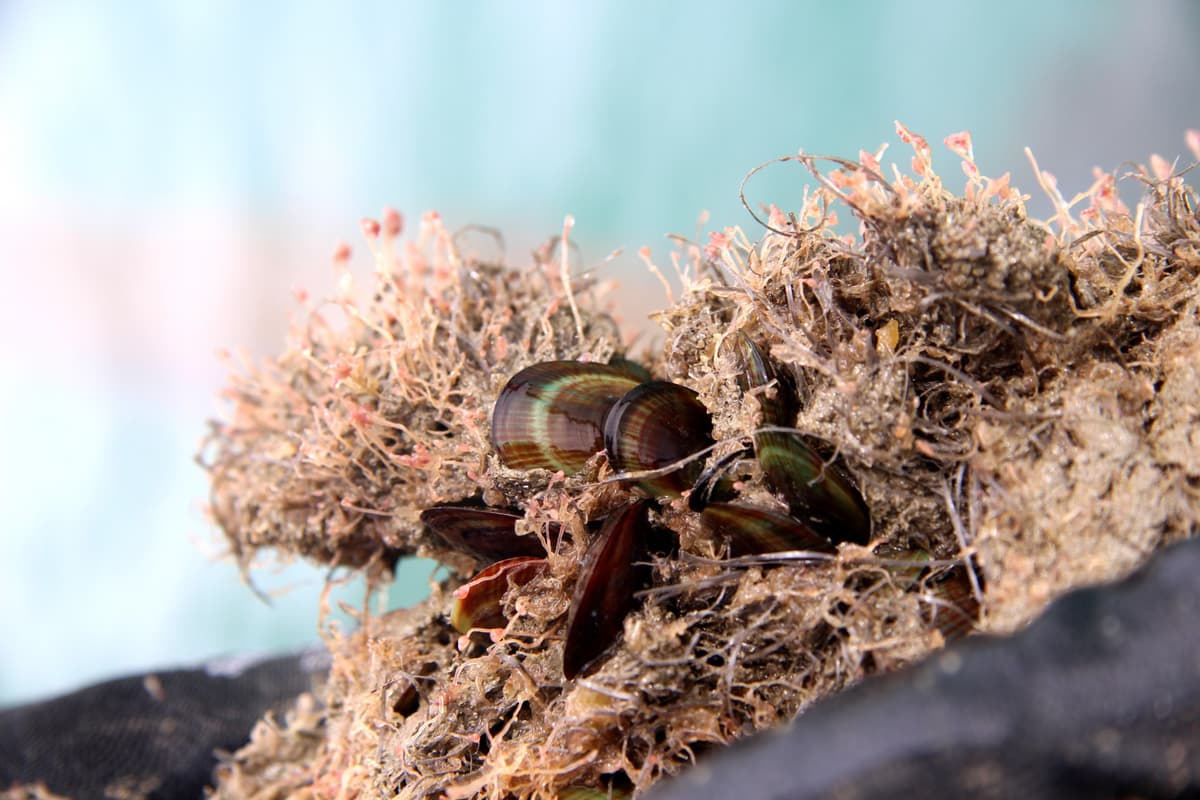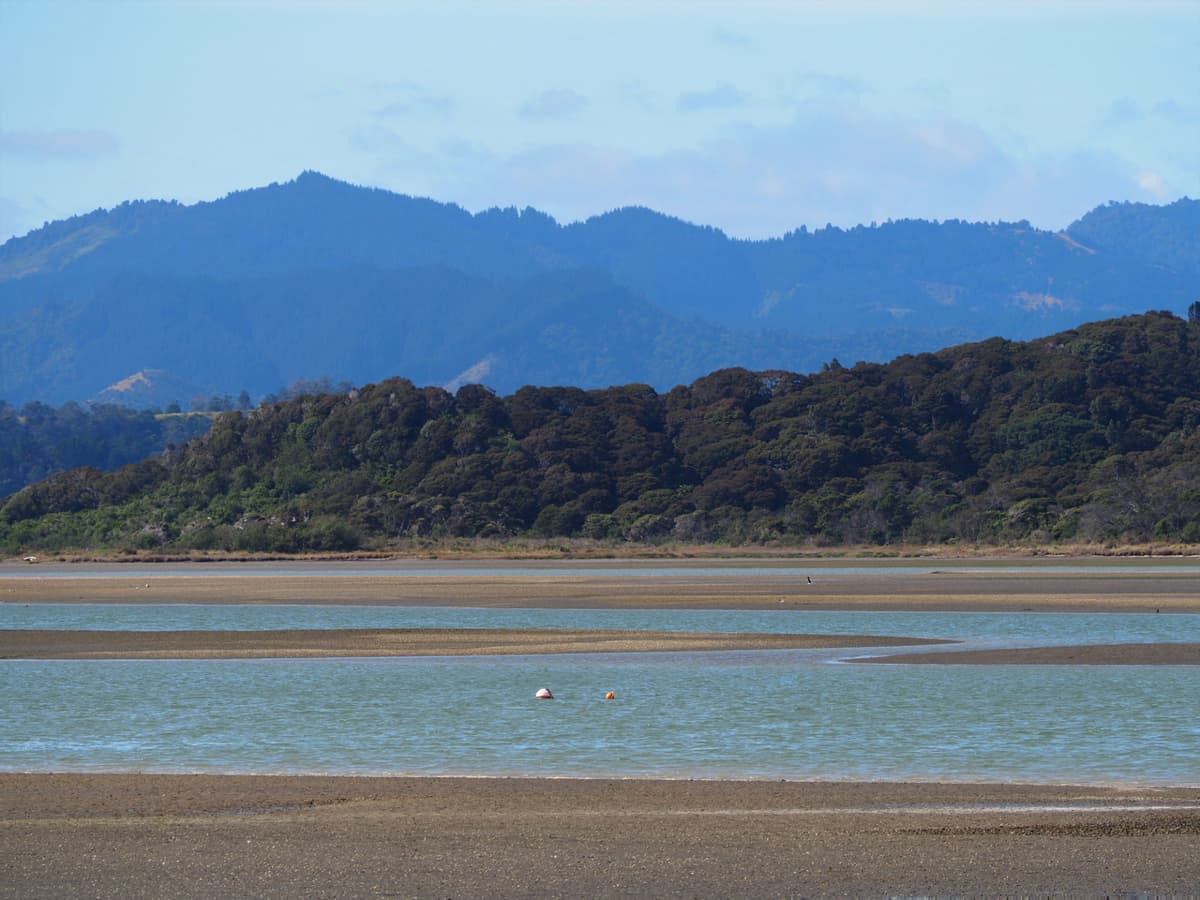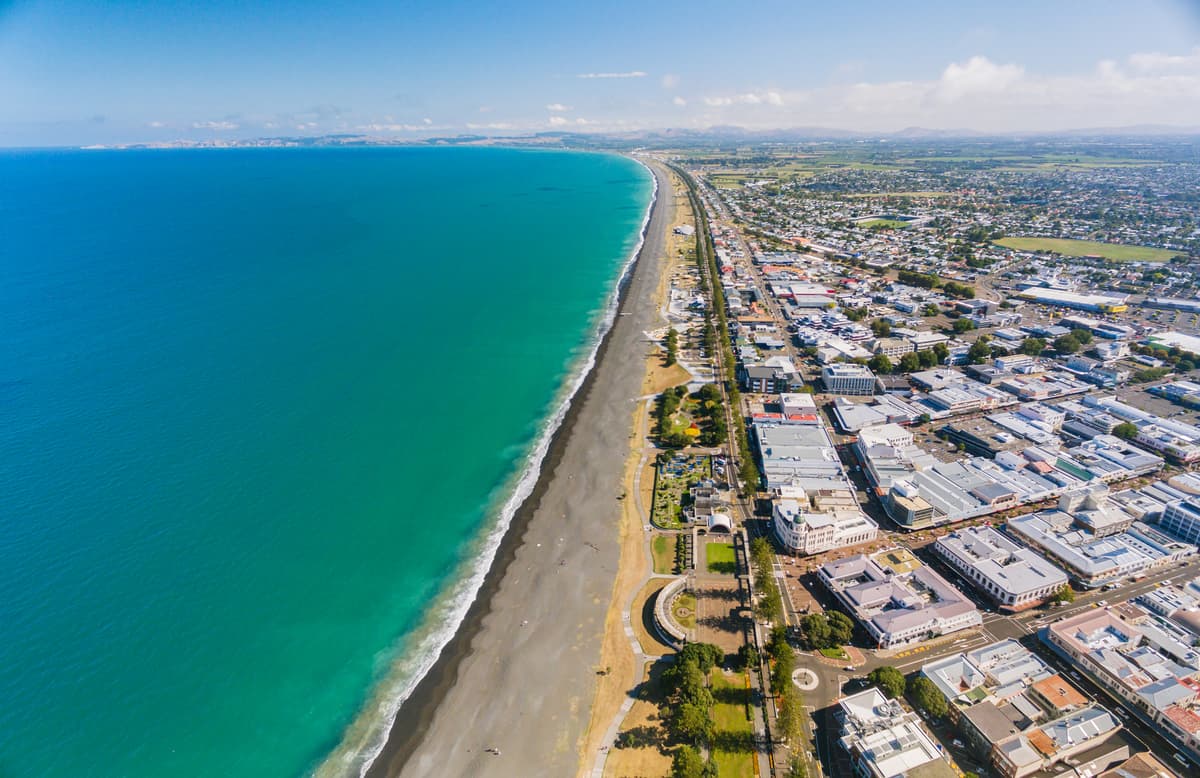

These impact case studies show our research is supporting management, influencing policy, and inspiring the next generation. Each was developed at a point in time to showcase our work.
This impact case study describes a framework for a future seaweed industry to support a blue economy in Aotearoa New Zealand (August 2023).
This impact case study describes the influence of Sustainable Seas research on environmental legislation, oceans policy, and local government planning (August 2023).
This impact case study describes incorporating mātauranga Māori into marine management strategies to improve coastal indicators (August 2022).
This impact case study describes how research into ecosystem-based management is helping to shape environmental legislation (August 2022).
This impact case study demonstrates the role Sustainable Seas research has played in understanding the current sector in Aotearoa New Zealand, and identifying what could help it grow (August 2022).
This impact case study demonstrates how our research is having a real-time impact on how our marine environment is managed to reduce the impact of cumulative effects (August 2022).
This impact case study describes how estuary guidance created by our research is supporting marine managers, and decision-makers (August 2021).
This impact case study describes how a collaborative project is putting our EBM tools into action to understand and better manage the seabed (August 2021).
This impact case study describes how a Mātauranga Māori and science collaboration is restoring kūtai/mussel beds and community connections in Ōhiwa Harbour (August 2021).
This impact case study describes how our researchers are sharing EBM knowledge and building lasting relationships with students and teachers – inspiring the next generation (August 2021).
This impact case study shows how we have influenced others to take cumulative effects seriously, and recognise it as a critical problem (August 2020)
This impact case study describes how recommendations for designing robust monitoring programmes are being taken up by regional councils (August 2020).
This impact case study describes how a public engagement tool has led to biosecurity and commercial benefits (August 2020).


